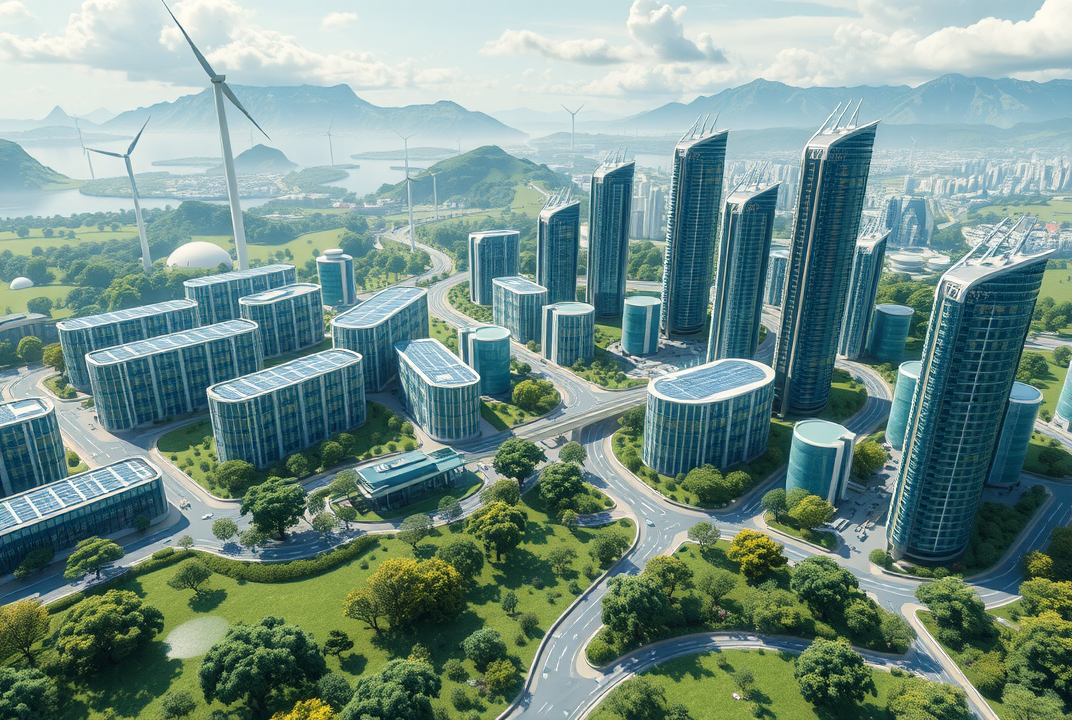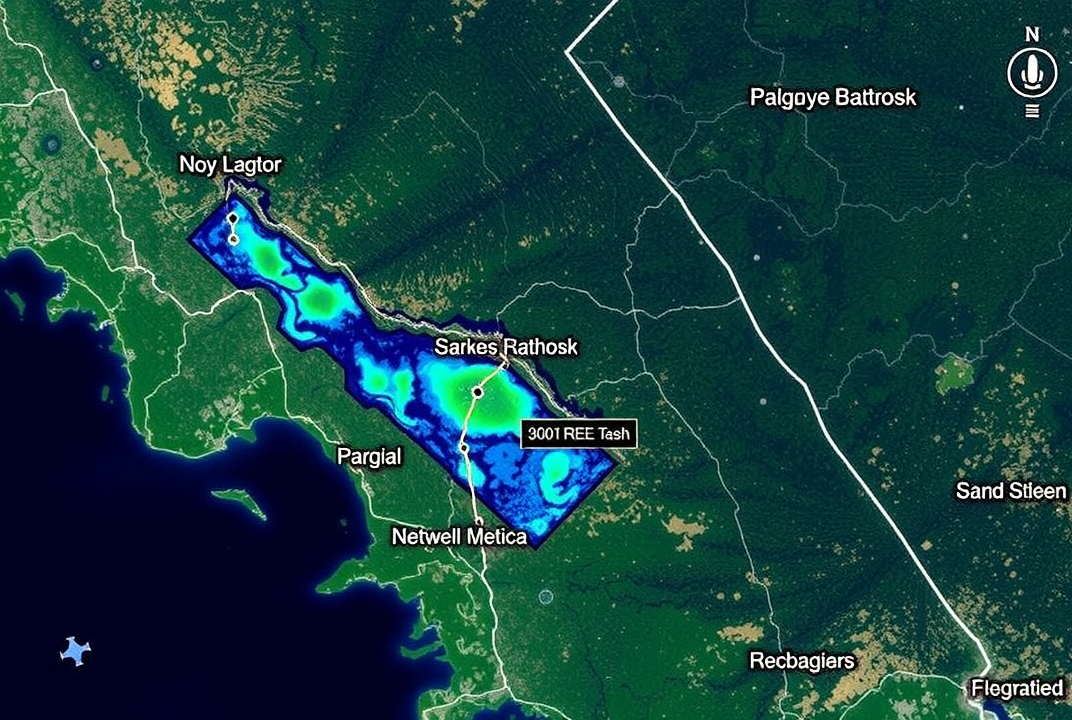Harnessing AI: A Key Player in Climate Change Mitigation

Introduction
Can artificial intelligence save the planet? This might sound like a science fiction scenario, but AI's role in addressing climate change is becoming increasingly significant. With our planet experiencing critical ecological changes, leveraging technology could be key in finding sustainable solutions. In this article, we'll explore how AI is being utilized in climate change efforts, the areas where it can have the most significant impact, and what the future might hold for AI-driven environmental strategies.
The Role of AI in Monitoring Climate Patterns
Understanding climate change requires vast amounts of data analysis. AI's ability to process and interpret large datasets is invaluable in this context. Machine learning models can predict weather patterns, track deforestation, and identify natural disaster risks. For instance, AI models analyze satellite images to monitor deforestation and changes in land use, providing critical data that can inform conservation strategies.

Predictive analytics also allow governments and organizations to prepare for natural disasters by forecasting their occurrence and potential impacts. By predicting hurricanes, floods, and other extreme weather, AI empowers communities to take proactive protective measures.
AI in Renewable Energy Optimization
Renewable energy is a cornerstone in battling climate change. AI plays a crucial role in optimizing these resources. For instance, AI algorithms can forecast energy demand more accurately, thereby improving the efficiency of wind and solar farms. AI-driven systems manage the distribution of energy from these sources, ensuring supply matches demand with minimal waste.
Smart grids powered by AI help in managing energy distribution efficiently, reducing wastage and allowing for a more sustainable energy supply chain. AI systems learn from data to improve maintenance schedules, reducing downtime and inefficiencies in renewable energy systems.

AI in Agriculture for Sustainable Practices
Agriculture accounts for a significant part of greenhouse gas emissions, and AI technology offers a path toward more sustainable practices. Precision agriculture utilizes AI to analyze data on soil health, weather predictions, and crop conditions, allowing farmers to reduce waste and improve yields.
AI-powered drones and sensors gather real-time data, helping farmers optimize resources like water, fertilizers, and pesticides, thus reducing environmental impact. By enhancing productivity while minimizing resource usage, AI contributes to a more sustainable agricultural sector.
Urban Planning and Transportation
AI contributes to greener cities through smarter urban planning and transportation management. In urban environments, AI models help design more efficient public transport systems, thereby reducing carbon footprints. Traffic management systems powered by AI decrease congestion, enhancing fuel efficiency and lowering emissions.
Additionally, AI assists in developing eco-friendly building designs by analyzing energy usage patterns and suggesting improvements. Enhancing energy efficiency in urban areas is crucial for reducing overall environmental impact.

Challenges and Concerns
Despite AI’s potential in climate solutions, there are challenges to consider. Data privacy, algorithm biases, and the digital divide can limit AI’s effectiveness. Moreover, the significant energy consumption needed to run AI models might negate some of its environmental benefits. Addressing these issues is crucial for AI to be a truly green technology.
Conclusion
AI presents promising avenues for combating climate change. From advancing renewable energy to optimizing urban planning, AI’s potential applications are vast and varied. To maximize these benefits, addressing the underlying challenges and ethical considerations is vital. As technology evolves, AI may indeed become a critical ally in our fight against climate change.
Organizations, policymakers, and technologists must collaborate to harness AI’s full capabilities in a sustainable manner.